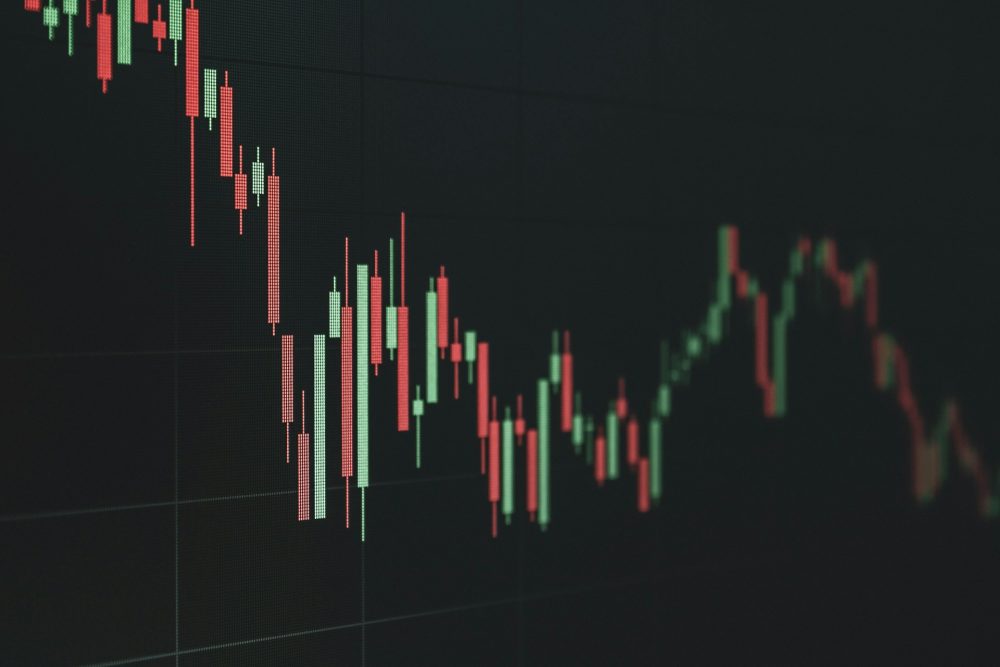Featured
Companies Faced with the Challenge of Minimizing their Environmental Impact
The participants in the round table called attention to the need for European recovery funds to truly reach the entire business fabric. Of the $163.8 billion (€140 billion) allocated to Spain, almost 40% will have to be earmarked for environmental projects that accelerate decarbonization to achieve the so-called climate neutrality by 2050.

The Earth will suffer a temperature increase of at least three degrees Celsius by the end of this century. More than one million animal and plant species are in danger of extinction. Nine million people die each year from pollution-related diseases. These are the conclusions of a UN report presented at the beginning of the year, which warns of the triple threat we face from climate change: climate change, loss of biodiversity, and pollution.
With this picture of the only planet we have to live on, how can we minimize the impact of business on the environment? To answer this question, El Confidencial and Securitas Direct organized a round table with the participation of Laura Gonzalvo, director of communication and CSR at Securitas Direct; Luisa Alli, director of communication at Ikea; Carlos Fraile, director of the social impact at Renault; Marta González Moro, CEO 21 grams, and José Pérez, CEO of Recyclia.
“To get the entire Spanish industrial and business fabric to go along, the important thing is to take a global approach. This way, the entire value chain is covered, so that large companies can be the driving force behind this change towards sustainability,” said Carlos Fraile, Director of Social Impact at Renault. Because in a country where 99% of the business fabric is made up of small and medium-sized companies, getting everyone to join in is complex, as Luisa Alli, director of communications at Ikea, pointed out: “Where I see a weakness is in how we are going to support SMEs, that is the most critical part.”
Read more on the subject and find the latest finance news with the Born2Invest mobile app.
European aid
In this sense, the participants in the round table called attention to the need for European recovery funds to truly reach the entire business fabric. Of the $163.8 billion (€140 billion) allocated to Spain, almost 40% will have to be earmarked for environmental projects that accelerate decarbonization to achieve the so-called climate neutrality by 2050.
“This economic injection is very relevant if it really materializes in real, tangible projects that have a real impact on the environment,” stressed Laura Gonzalvo, director of communication and CSR of Securitas Direct, emphasizing the local concept, working from the outset in the territories of the communities and then extending it. The CEO of Recyclia, José Pérez, for his part, was “skeptical” about the large figures since experience shows that funds are not always awarded due to “bureaucratic difficulties”.
The expert recommended working along two lines: “streamlining or smoothing the bureaucracy in the application and directing it to projects that really have a transcendence in the circular economy”. “(Fraile) From her own experience, Marta González Moro, CEO of 21 Grams, agreed with this argument, adding that there is an “excess of metrics” around ESG (Environmental, Social and Governance), when what is really needed is “will and more culture of finance in sustainability” to “stop talking about sustainability being in our DNA and talk about it being in our management model”.
Raising awareness: the main challenge of sustainability
But this work by companies must also be accompanied by the public, where “we need much more education and much more awareness,” said Fraile. All the participants agreed that the lack of awareness is one of the main challenges. “We all, in our day-to-day, generate this impact on the environment as companies, consumers, as citizens, so a choral measurement is essential to be able to minimize the effects,” said Gonzalvo.
Securitas Direct’s directive spoke of an “additional effort” of the whole value chain of companies. Previously, it is necessary to “impregnate the whole culture of the organization and decision making” with sustainability, working on three axes: “reduce, compensate what you cannot reduce and measure the impact of each of the activities of a company”, something that the directive recognizes that “it is not easy”, but it is the roadmap on which companies must work.
Pérez referred to the “frustration” due to investments in awareness and communication campaigns, but “if the user does not make a minimum effort” to do his part, sustainability will continue to be something “far away”. “The key lies in an additional effort on the part of the user”, something that in his opinion “costs a lot”. In that sense, Alli put the accent on “making sustainability affordable.” “You can’t set exorbitant prices, you have to make it easy,” he said. Undoubtedly, “the great challenge is the democratization of sustainability,” González Moro stated emphatically.
Quality, price, and sustainability
In connection with the democratization of sustainability, the CEO of 21 grams argued that intelligent purchasing already extends to this concept, moving from the quality-price binomial to the quality-price-sustainability trinomial. In her opinion, “we have been talking about sustainability as responsibility, commitment, renunciation, but we have to start understanding sustainability as a synonym of well-being. The moment we understand this, we will understand that companies no longer offer their commitment or responsibility, but rather that they increase our well-being as citizens. Because citizens do not renounce wellbeing, but when they understand that this means spending more time with their families, a home with clean energy, a healthier life, we will probably go from punishing companies that do it badly by boycotting them to rewarding those that do it well”.
Gonzalvo agreed on the need to go a step further and “speak positively” and “stop demonizing”. And, the important thing for Fraile is that “we have moved from objective to commitment and as such, it is a social contract, and if it is not fulfilled, it is a collective failure that is going to be paid for dearly”. The circular economy is a model in which a linear process of manufacture, sell, and throw away is replaced by a circular one, in which the product returns to the productive circle, avoiding punishing nature and achieving sustainable economic growth. In other words, giving products a second life through recycling. And this model, “is not a fad, it is here to stay because there is a shortage of raw materials,” said Recyclia. By way of conclusion, the Ikea director stressed that “the circular economy is a way of life because the planet is running out of energy.”
__
(Featured image by photoshopper24 via Pixabay)
DISCLAIMER: This article was written by a third party contributor and does not reflect the opinion of Born2Invest, its management, staff or its associates. Please review our disclaimer for more information.
This article may include forward-looking statements. These forward-looking statements generally are identified by the words “believe,” “project,” “estimate,” “become,” “plan,” “will,” and similar expressions. These forward-looking statements involve known and unknown risks as well as uncertainties, including those discussed in the following cautionary statements and elsewhere in this article and on this site. Although the Company may believe that its expectations are based on reasonable assumptions, the actual results that the Company may achieve may differ materially from any forward-looking statements, which reflect the opinions of the management of the Company only as of the date hereof. Additionally, please make sure to read these important disclosures.
First published in El Confidencial, a third-party contributor translated and adapted the article from the original. In case of discrepancy, the original will prevail.
Although we made reasonable efforts to provide accurate translations, some parts may be incorrect. Born2Invest assumes no responsibility for errors, omissions or ambiguities in the translations provided on this website. Any person or entity relying on translated content does so at their own risk. Born2Invest is not responsible for losses caused by such reliance on the accuracy or reliability of translated information. If you wish to report an error or inaccuracy in the translation, we encourage you to contact us.

-

 Crowdfunding2 weeks ago
Crowdfunding2 weeks agoNewcleo Raises $85 Million to Advance Fourth-Generation Nuclear Reactors
-

 Biotech6 days ago
Biotech6 days agoDNA Origami Breakthrough in HIV Vaccine Research
-

 Markets2 weeks ago
Markets2 weeks agoGold’s Historic Surge and Sudden Crash Signal Volatility, Not Defeat
-

 Cannabis3 days ago
Cannabis3 days agoWhen a Cutting Becomes a Cannabis Plant: Court Clarifies Germany’s Three-Plant Rule























